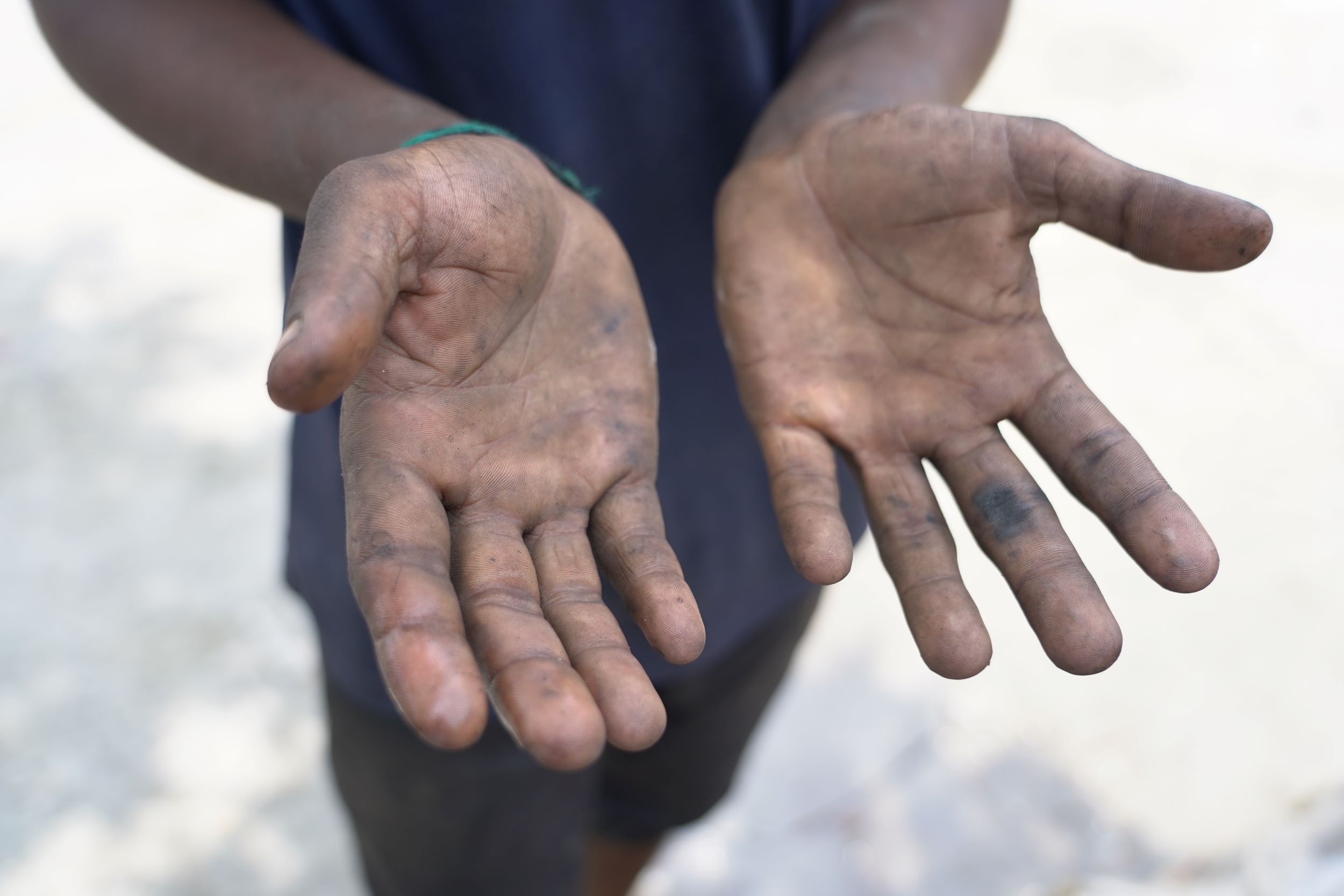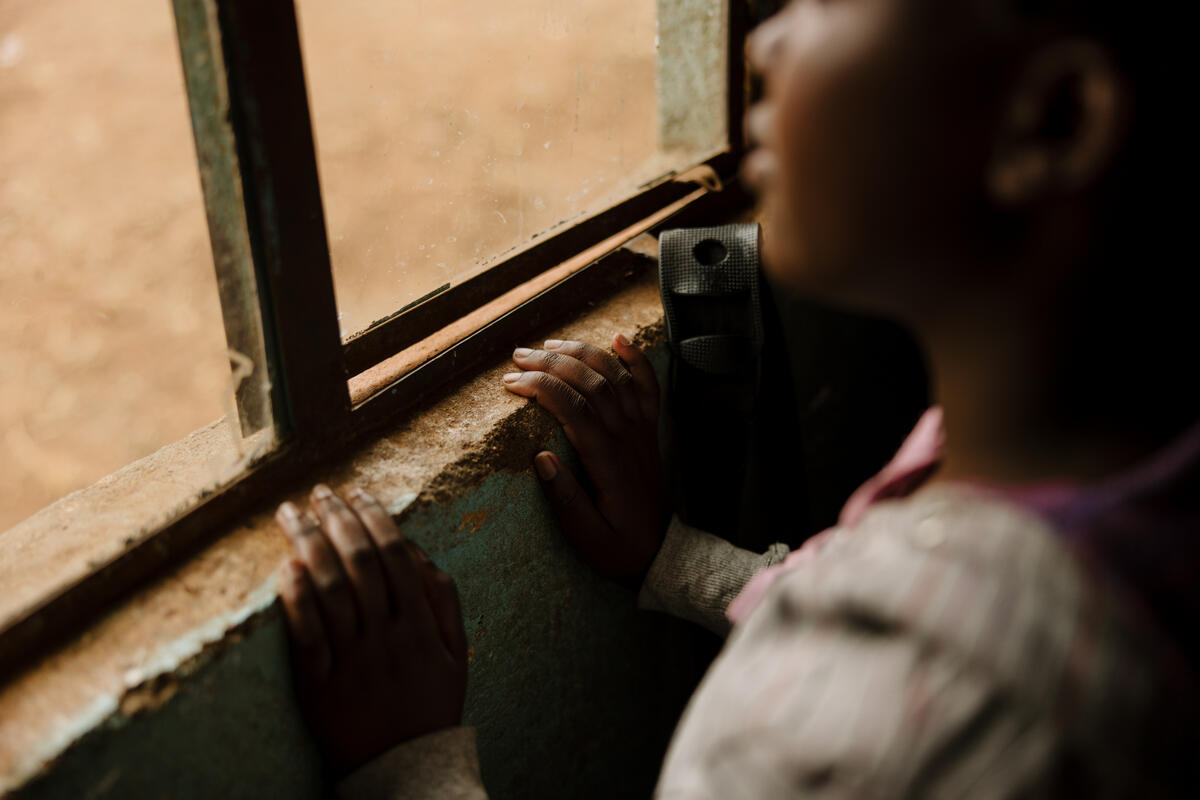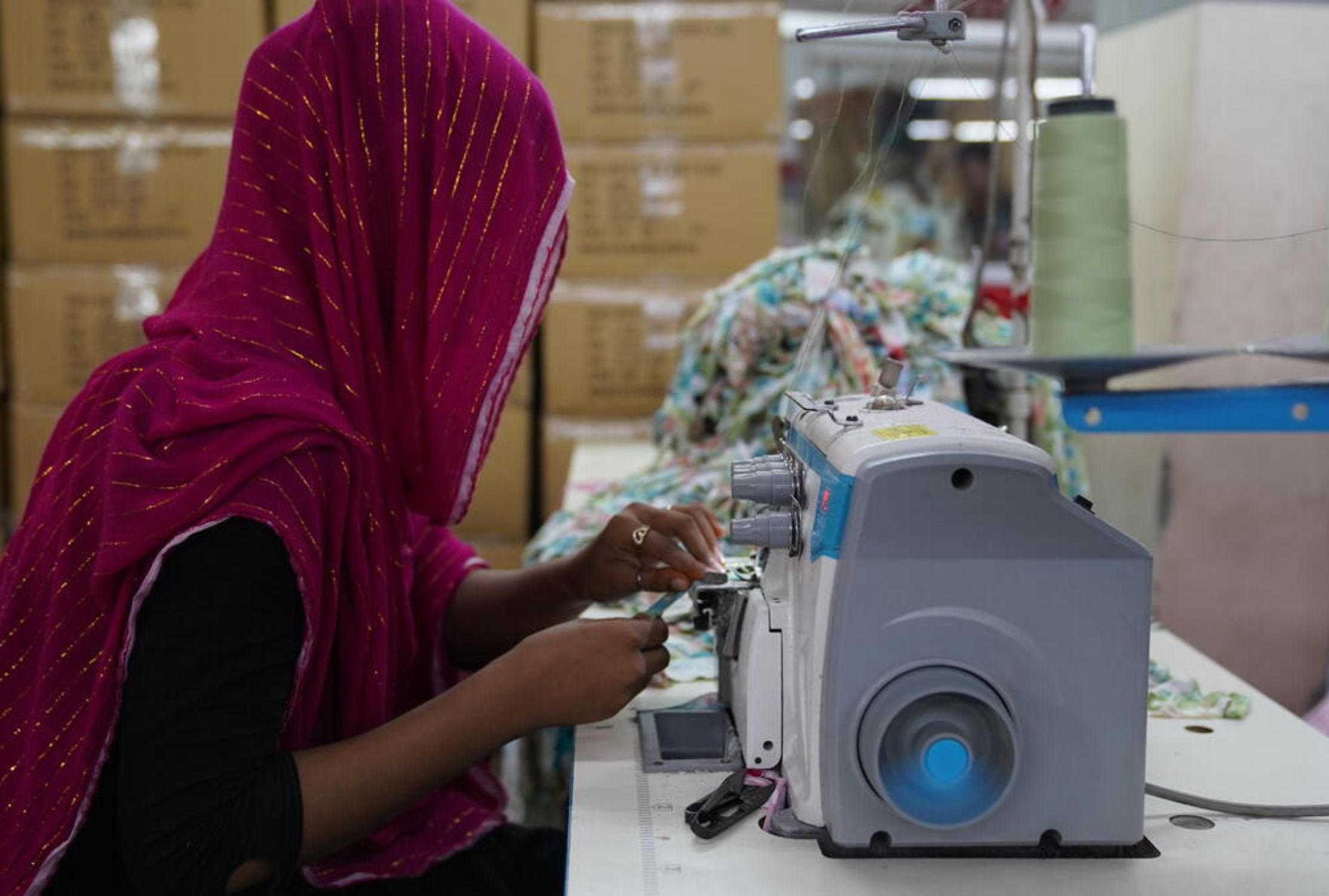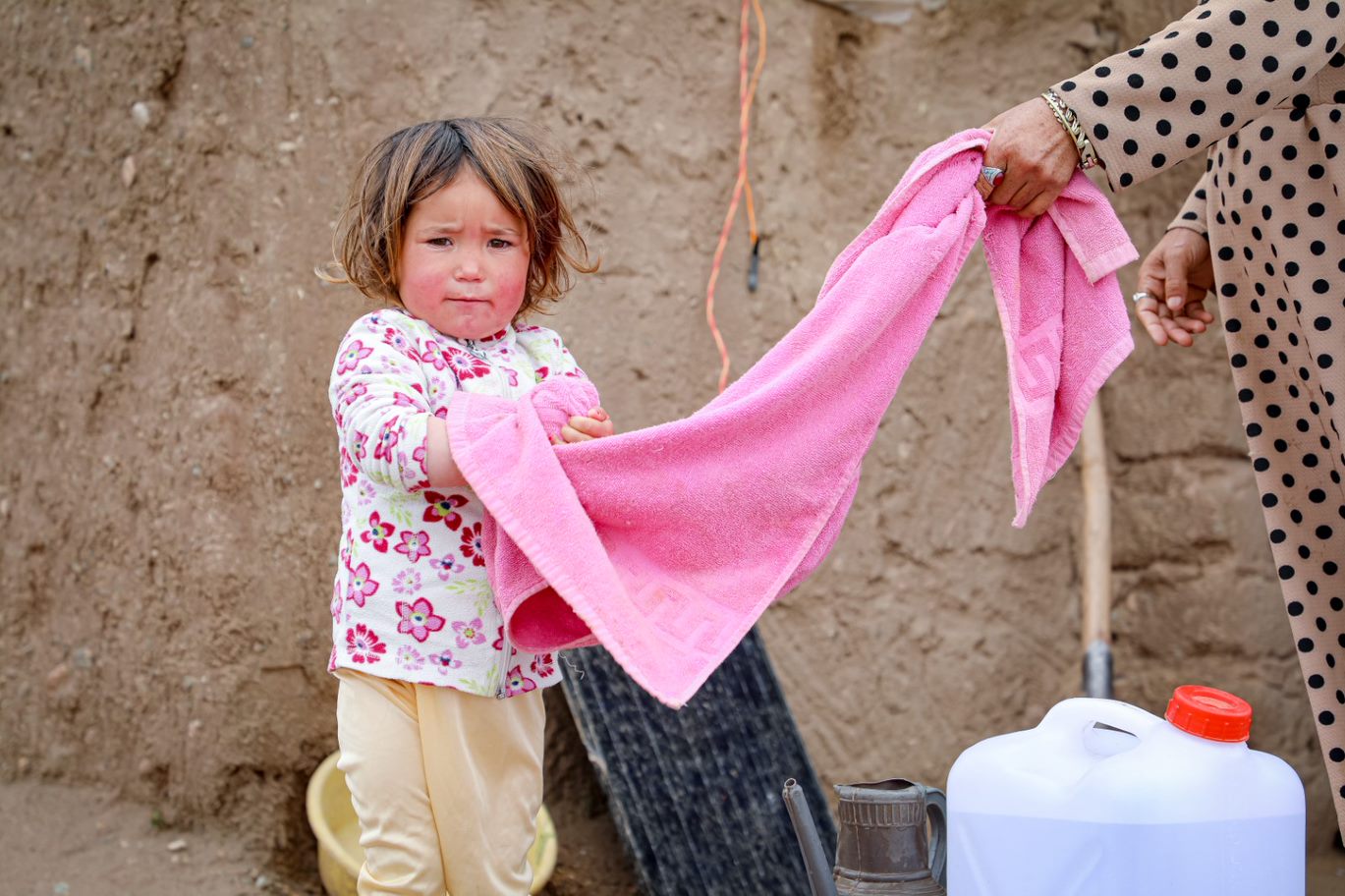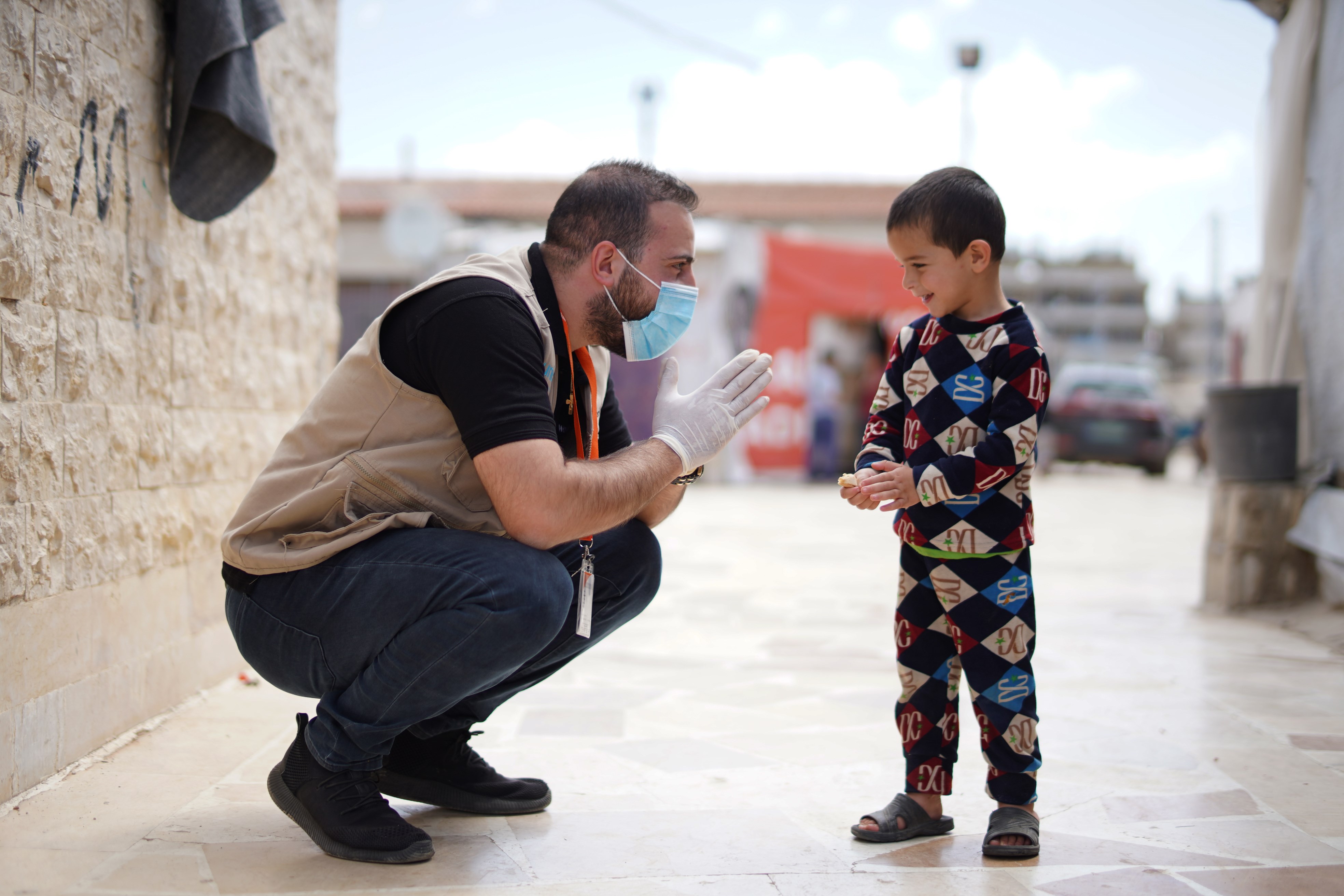Today, it's estimated that 160 million children are engaged in some form of child labour. That's almost 1 in 10 children around the world who are missing out on education and facing exploitation.
World Day Against Child Labour raises awareness of the need to eradicate child labour in all its forms. Keep reading to learn more about this important day and how you can support World Vision's work to protect vulnerable children.
When is World Day Against Child Labour?
World Day Against Child Labour is on Wednesday 12 June 2024.
This year marks the 25 year anniversary of the adoption of the Worst Forms of Child Labour Convention. The Convention was established on 1 June 1999 to recognise the causes of child labour and find solutions to eliminate its worst forms.
What is World Day Against Child Labour?
World Day Against Child Labour is an opportunity to highlight the reality of life for millions of children who are engaged in child labour. Some of the worst forms of child labour include illicit activities like child slavery, sexual exploitation, child trafficking and hazardous work that put children at risk of death, injury or disease.
Did you know that child labour is on the increase? More than 1 in 5 children are engaged in child labour in low-income countries.

